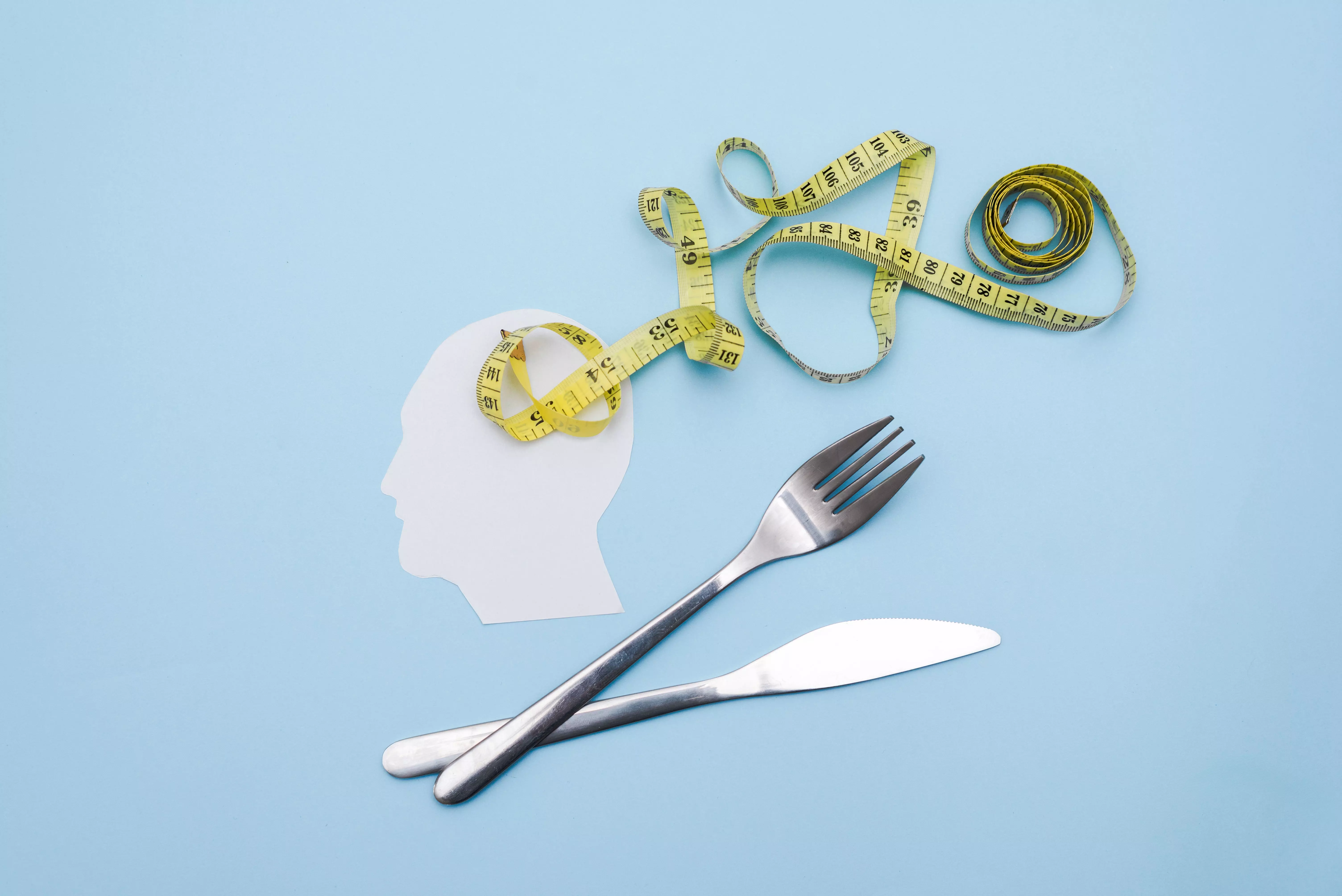Introduction to mental health
In today's world, mental health is becoming an increasingly important topic. Many people struggle with emotional problems, stress and anxiety, which affects their daily lives. The role of diet in mental health is often overlooked, and its impact is enormous. What should you eat to feel better and improve your mood? Let's take a closer look at this issue.
Why is diet important for mental health?
Research shows that there is a direct link between what we eat and our emotional well-being. An improper diet can lead to a drop in mood and even depressive disorders. Incorporating the right ingredients into one's diet can support our bodies in the fight against mental problems.
Nutrient-rich foods
Nutrient-rich foods such as fish, nuts, fruits and vegetables are crucial for mental health. Fish, especially oily ones, are rich in omega-3 fatty acids, which have proven antidepressant effects. Nuts, on the other hand, provide magnesium, which is essential for the proper functioning of the nervous system.

Essential nutrients and their impact on mood
In the context of mental health, vitamins and minerals are also key. Vitamin D, which affects our immunity, is also important for mood. B vitamins, on the other hand, support neurological function and help produce neurotransmitters such as serotonin.
Diet and serotonin
Serotonin, known as the happy hormone, plays an important role in mental health. A huge portion of serotonin is produced in the gut, which means that our diet is crucial to its levels. A balanced diet rich in fiber, probiotics and antioxidants can support gut health, which translates into better mental well-being.
What foods should you introduce into your diet?
It is worth enriching your daily diet with the following products:
Oily fish - salmon, mackerel or sardines.Nuts and seeds - an excellent source of healthy fats.Fruits and vegetables - especially those with intense colors, rich in antioxidants.Whole grains - ensure stable blood sugar levels.Fermented products - yogurts, kefirs, which are beneficial for intestinal flora.Avoid unhealthy eating habits
Not only what we eat matters, but also what we should avoid. Processed foods, rich in sugars and trans fats, can negatively affect our mood. Excessive consumption of coffee and alcohol can also lead to a decline in our mood.
The importance of hydration
Hydration should not be forgotten. Water is crucial for the proper functioning of the body, including the brain. Dehydration can lead to impaired concentration and lowered mood. It is important to consume an adequate amount of water each day.
Healthy lifestyle summary
Achieving good mental health is not only a matter of diet, but also of lifestyle. Regular physical activity, meditation and attention to social relationships have a huge impact on our well-being. With the right approach and a balanced diet, you can effectively improve the quality of your life.
Conclusion
In conclusion, diet and mental health is a topic that is gaining attention. Implementing healthy eating habits not only improves physical health, but also supports our mental health. Let's remember that what we eat affects how we feel. A balanced diet, rich in valuable nutrients, can be the key to better mental health and overall well-being.

Add comment